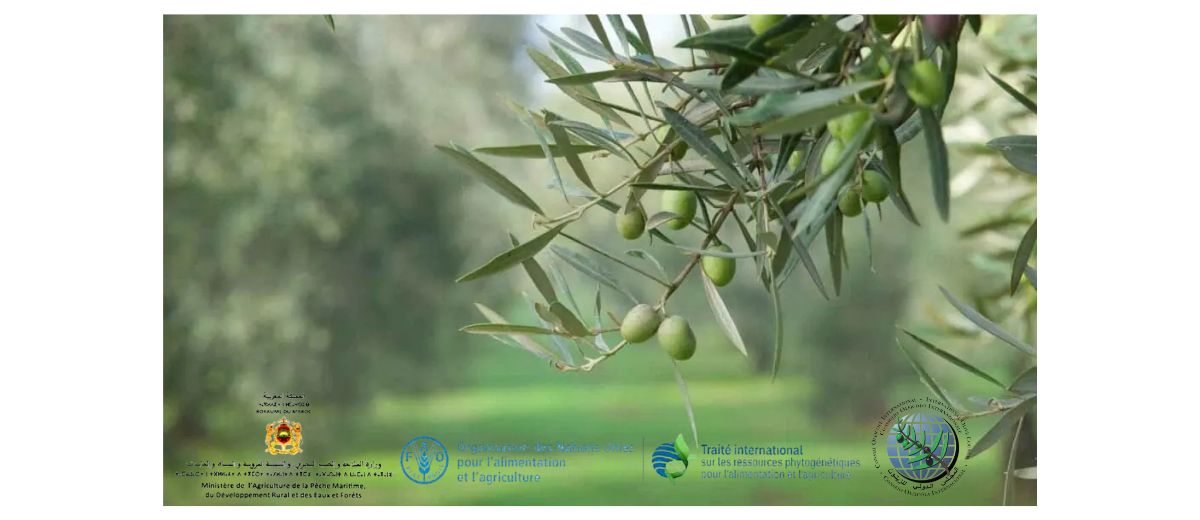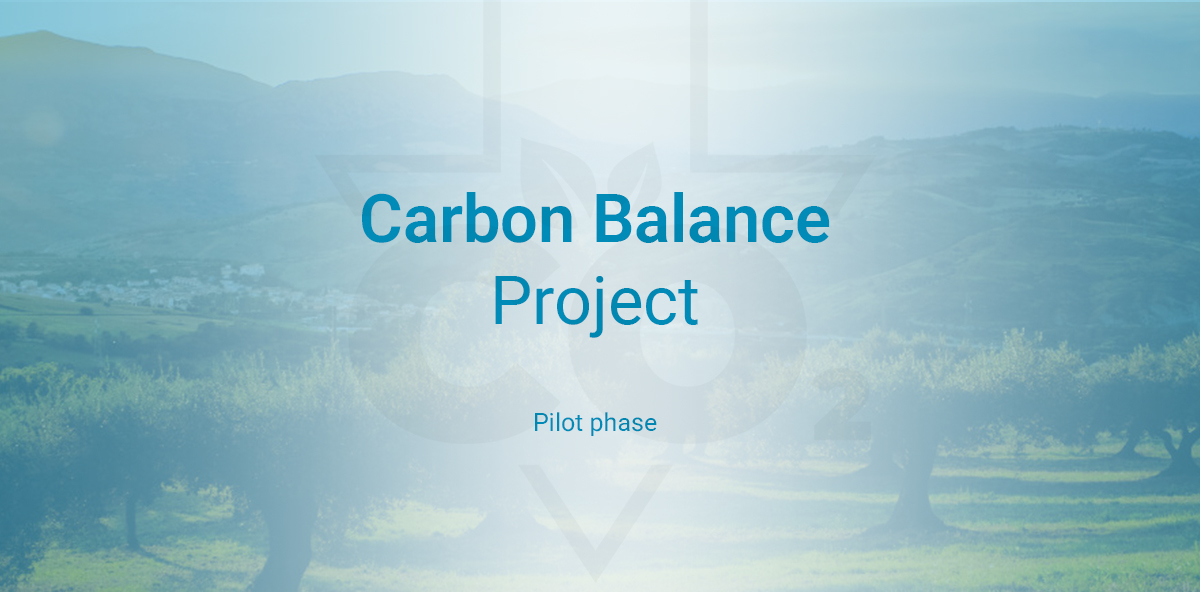The International Olive Council (IOC) reaffirmed its dedication to sustainable olive farming by participating in the annual meeting of the Soil Olive project, held in Trapani, Sicily, on 22–23 January 2025. Representing the IOC, Juan Antonio Polo, Head of the Olive Oil Technology and Environment Department, presented key conclusions that highlight the fundamental role of soil health in the future of olive cultivation.
Polo underscored that soil health is the cornerstone of olive grove sustainability. “Without soil, there is no olive grove,” he stated, drawing attention to the need for cost-effective agronomic practices to regenerate soil. He further explored the synergies between soil health and product quality, suggesting this relationship could pave the way for innovative solutions in olive oil production.
One significant initiative discussed was the development of a sustainability standard for olive groves. This framework would integrate soil health criteria, offering both environmental and socio-economic benefits. Polo noted, “Such a standard would help society recognise the vital ecosystem services provided by olive groves while promoting sustainable practices across the sector.”
The Soil Olive project, financed by the EU, exemplifies the IOC’s commitment to sustainability, as it aligns with the Council’s efforts to tackle challenges posed by climate change, optimise resource use, and champion regenerative agriculture. By serving on the project’s Advisory Board, the IOC actively supports groundbreaking research and innovation aimed at improving soil management and fostering resilience within the olive sector.
Through initiatives like Soil Olive, the IOC reinforces its mission to not only support olive growers but also to engage a broader audience in the global push for sustainable agriculture. For more information on the Soil Olive project and its vision for the future, visit Soil Olive’s official website.










